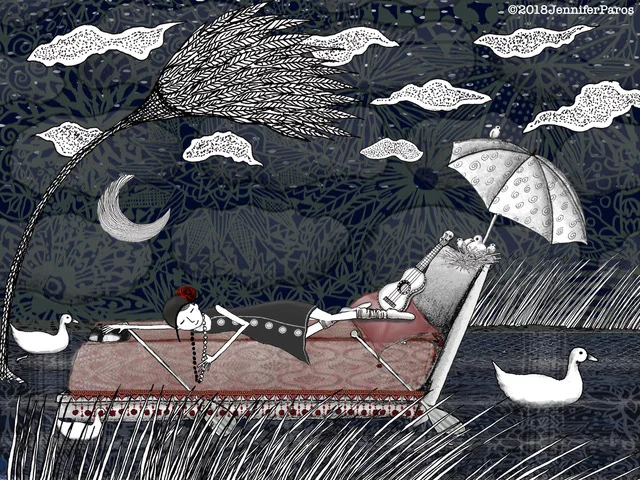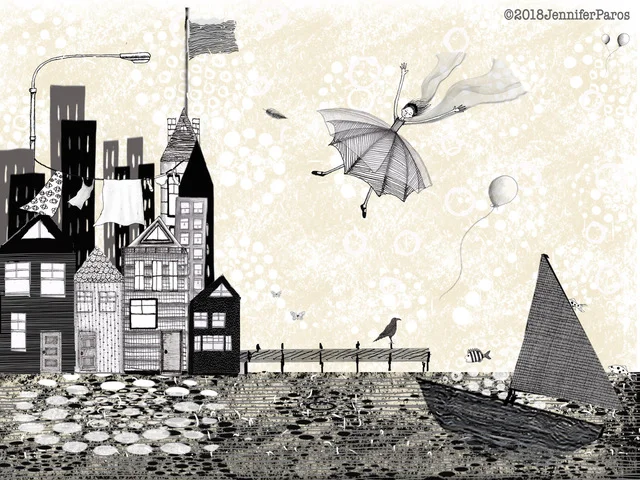Someone's finally getting real.
That's what I first felt, reading Don Lee's Rumpus essay itemizing the brutal realities of the writing life.
Lee lays it down hard: “Pretty much everything about it – the act of writing, the act of publishing, especially the act of promoting – is miserable. And it only gets worse as the years unfurl.”
Acknowledging upfront that his own writing has made a bit of money as well as given him a solid teaching career with a decent salary and benefits, Lee names the sibling truths:
• Making the work is a perilous journey, haunted, self-doubting.
• Self-promotion, “pressure to perform and be charming and sell [oneself],” can be agonizing.
So can waiting for reviews, receiving bad reviews, or (worst?) no reviews.
Lee notes that “being a midlist writer is the most tenuous position in publishing...” He may not have considered how it feels to be a small press/literary writer, whose sales and fan base seldom register on any agent's or publisher's radar.
Read More













